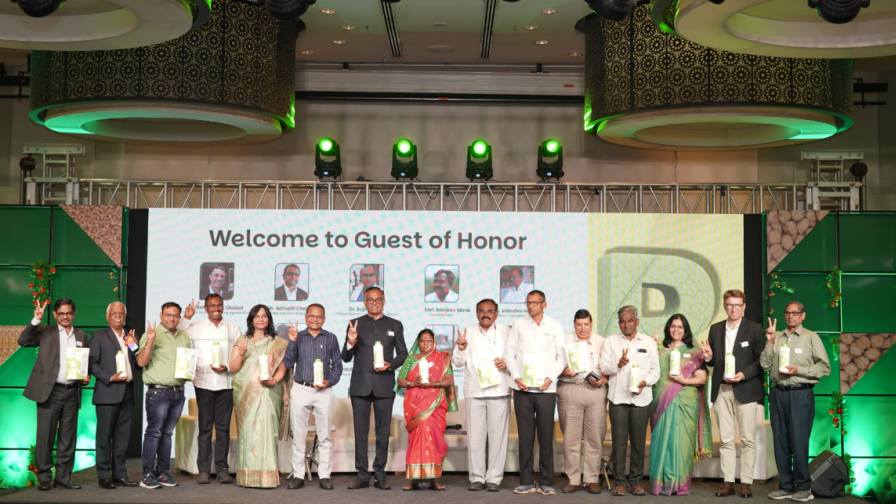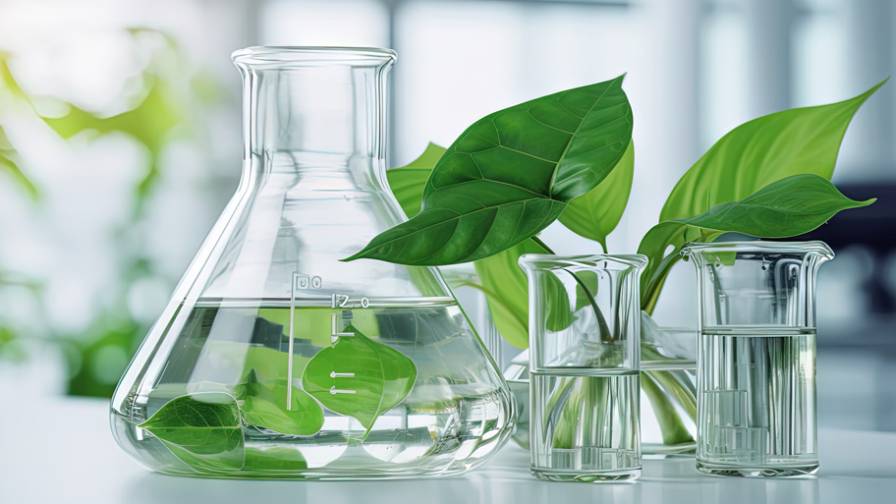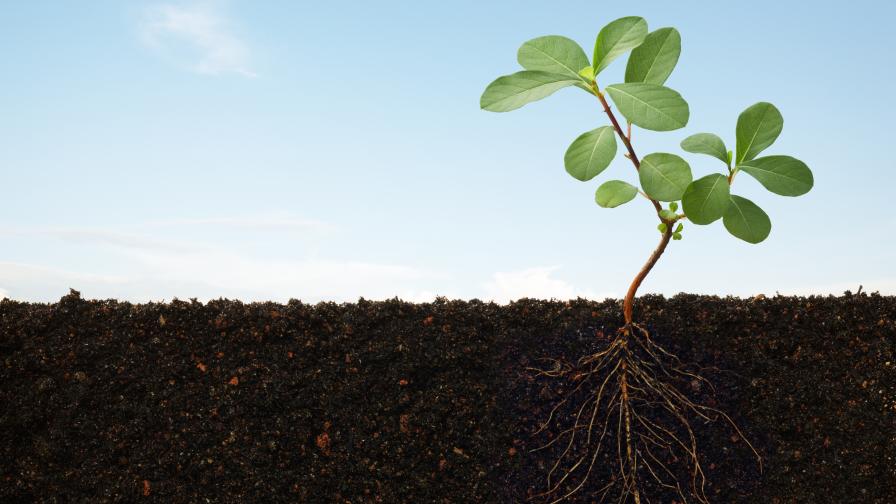China’s Central Government and Industry Association Continue to Target Illegal Manufacturing and Trade
Reluctantly, China must admit that its reputation in the global pesticide market is tarnished by the illegal trade of pesticides. With the increase of international trade in recent years, illegal trade often follows, and some of it involves Chinese pesticides.
This raises scrutiny and investigation from authorities in other countries. The media, too, often focus on the risk of Chinese pesticides and ignore the benefits.
Much of this scrutiny and negative publicity is unfair. No one can deny China’s positive contributions to global agriculture. Chinese pesticides afford farmers more options for pest control products at competitive prices. This translates into better farm incomes and more sustainable farming operations.
Only a small portion of Chinese pesticide exports are illegal or counterfeit. And it is important to note that most of the illegal trade is not conducted by Chinese exporters alone but instead by importers who re-label Chinese products.
China must concede that the serious homogenization of Chinese pesticide products forces a price war upon exporters trying to remain competitive. Several years ago, especially before 2009, some enterprises earned significant profits but were unprepared to reinvest money back into the company except for the expansion of capacity, which eventually has led to the oversupply of some active substances today.
Despite lower prices for oversupplied actives, there are still some illegal pesticide manufacturers who conduct manufacturing operations without a license. Some of these illegal producers lack an ICAMA registration certificate, and some have an ICAMA but do not have production approval.
Solving the problem of counterfeit pesticides cannot happen by isolating Chinese pesticides, but rather we must do a better job of screening our business partners. As an association representing interests of 480 pesticide companies, CCPIA has received many complaints from its members who worry about competing with illegal manufacturers, and we have been policing this problem internally.
Since its standing committee meeting held in Xi’ning in 2009, CCPIA has adopted a series of policies to combat counterfeit products. The committee united with the Ministry of Agriculture and the Custom Department to verify and crackdown on illegal manufacturing activities, aiming to eliminate the root causes of counterfeit pesticides. The committee has also assisted the government to improve the supervision system of the pesticide industry and clearly stipulated that the enterprises that manufacture pesticides for export must obtain production approval and meet the environmental requirements. Since the beginning of 2011, CCPIA has also actively promoted its legal manufacture list to related authorities in other countries, expecting to cooperate with them to close the door for illegal international trade.
At the government level, China is encouraging innovation with unprecedented passion, and it advocates changing the capacity-driven economic development model to an innovation-driven model. These have been illustrated by the policies lately published, such as pesticide industry policy, the 12th Five-Year Plan and the Pesticide Production Management Ordinance. The central government expects to improve the perception of the pesticide industry through these policies.
Aside from innovation, consolidation is also another priority for the government. The central government believes that larger, stronger enterprises will surely assume more social responsibilities, and will surely cherish its reputation.





